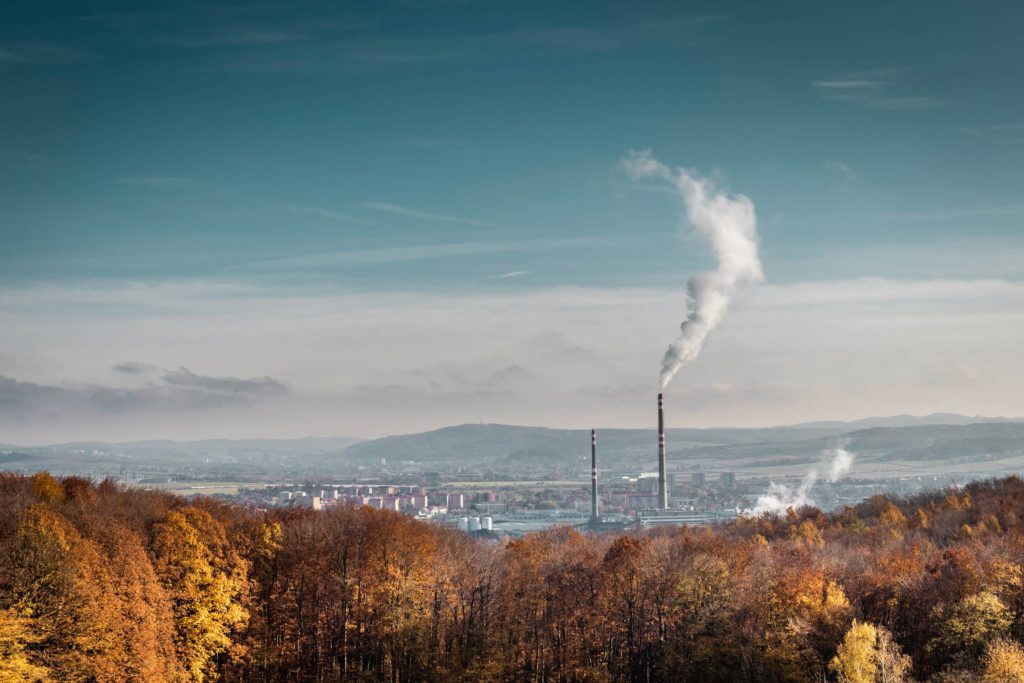
An international team led by atmospheric scientist Meiyun Lin found the surprising chain of causes: As global climate change leads to more hot and dry weather, the resulting droughts are stressing plants, making them less able to remove ozone from the air. In a new study published today in Nature Climate Change, Lin and her colleagues demonstrated that vegetation feedbacks during drought worsen the most severe ozone pollution episodes.https://www.princeton.edu/news/2020/04/20/princeton-scientist-solves-air-quality-puzzle-why-ozone-pollution-persisting-europe
